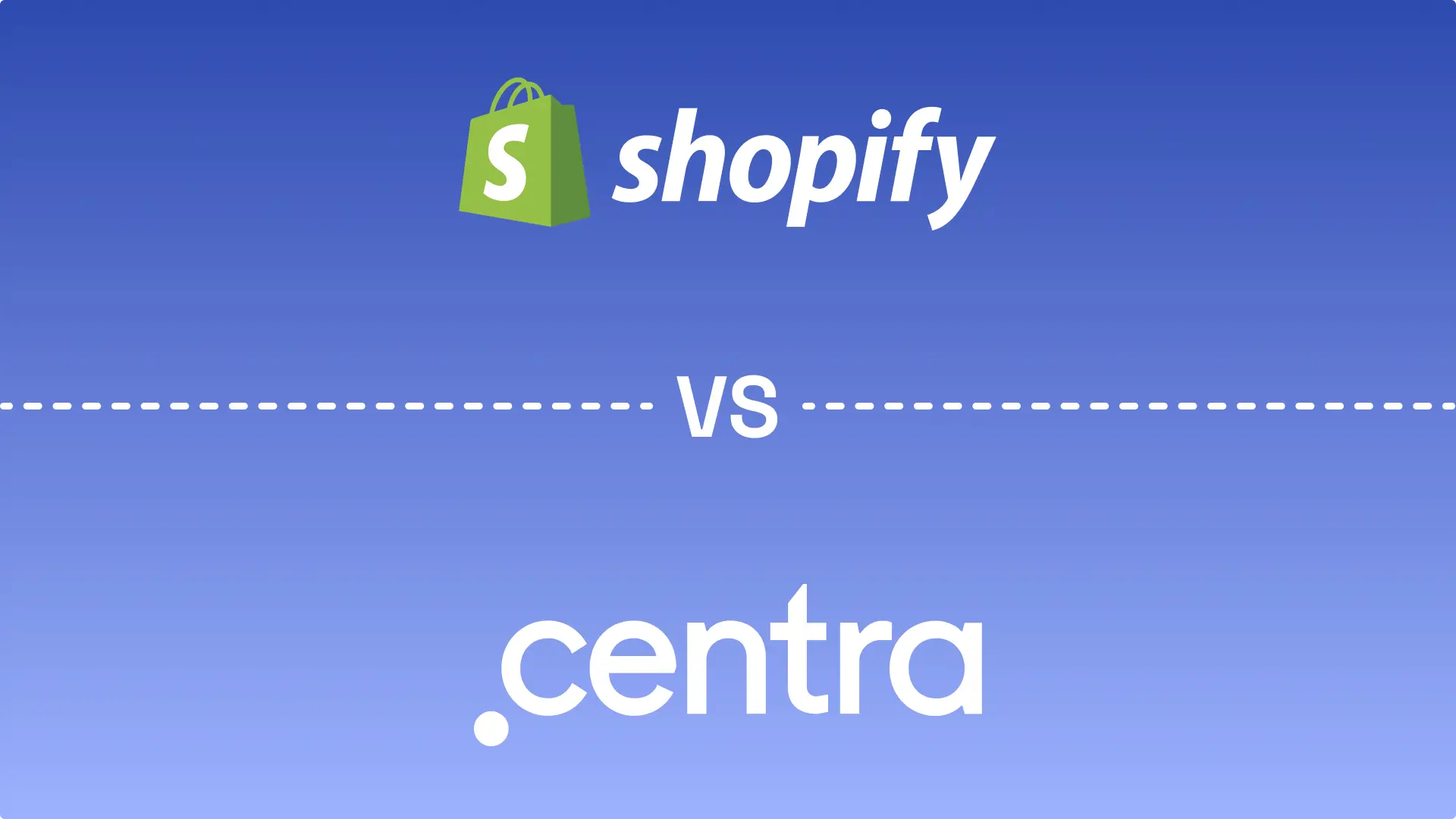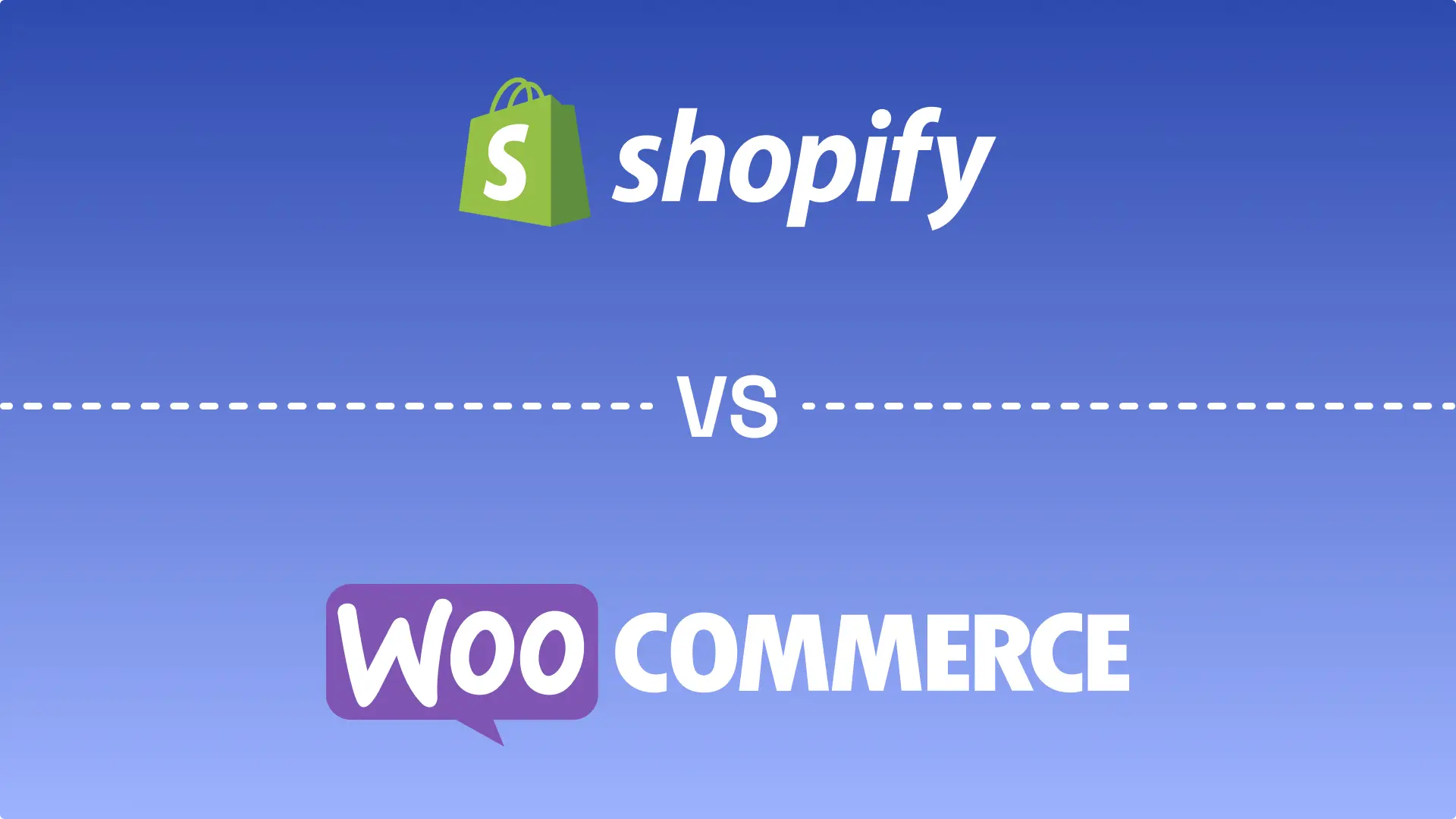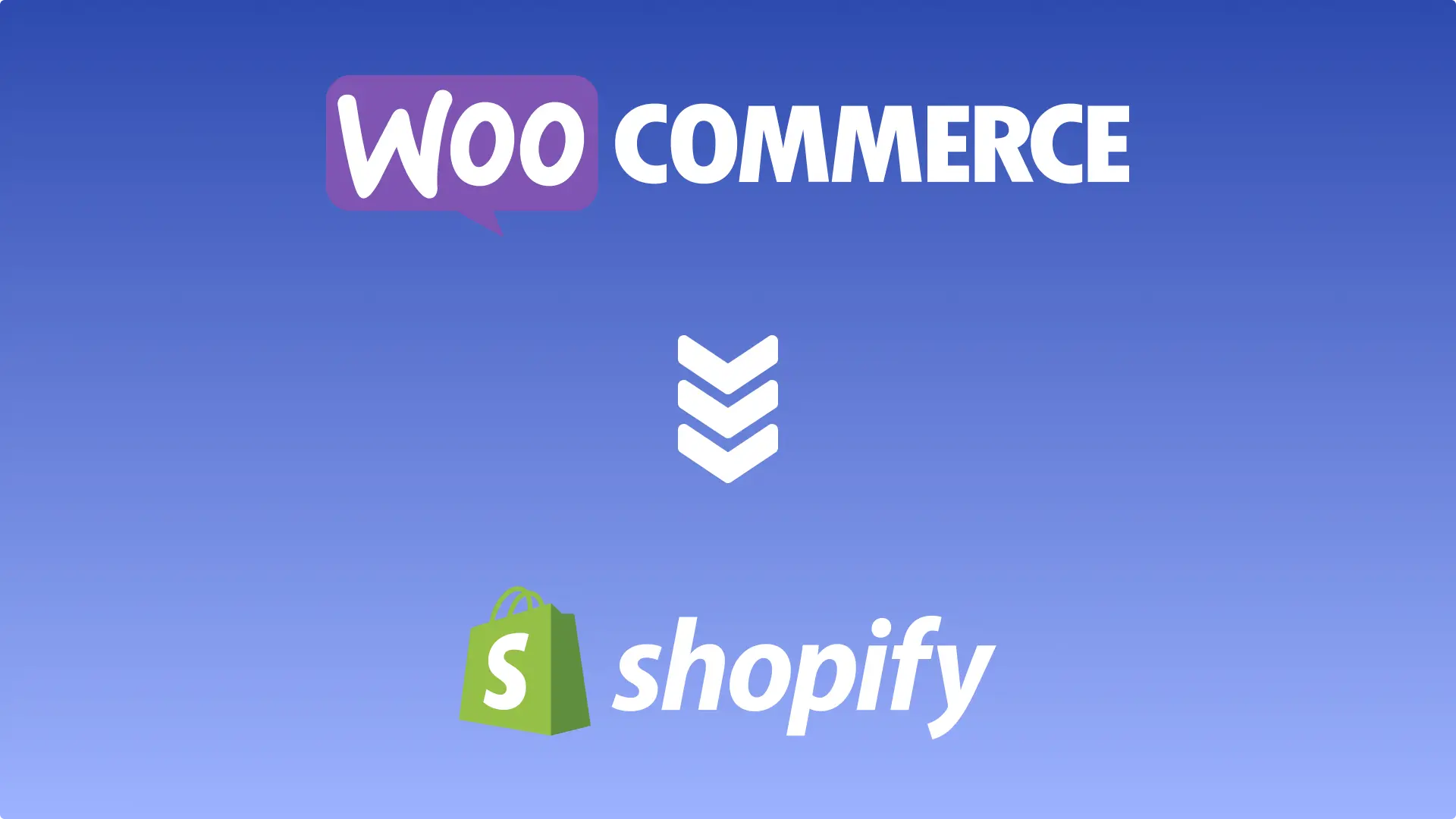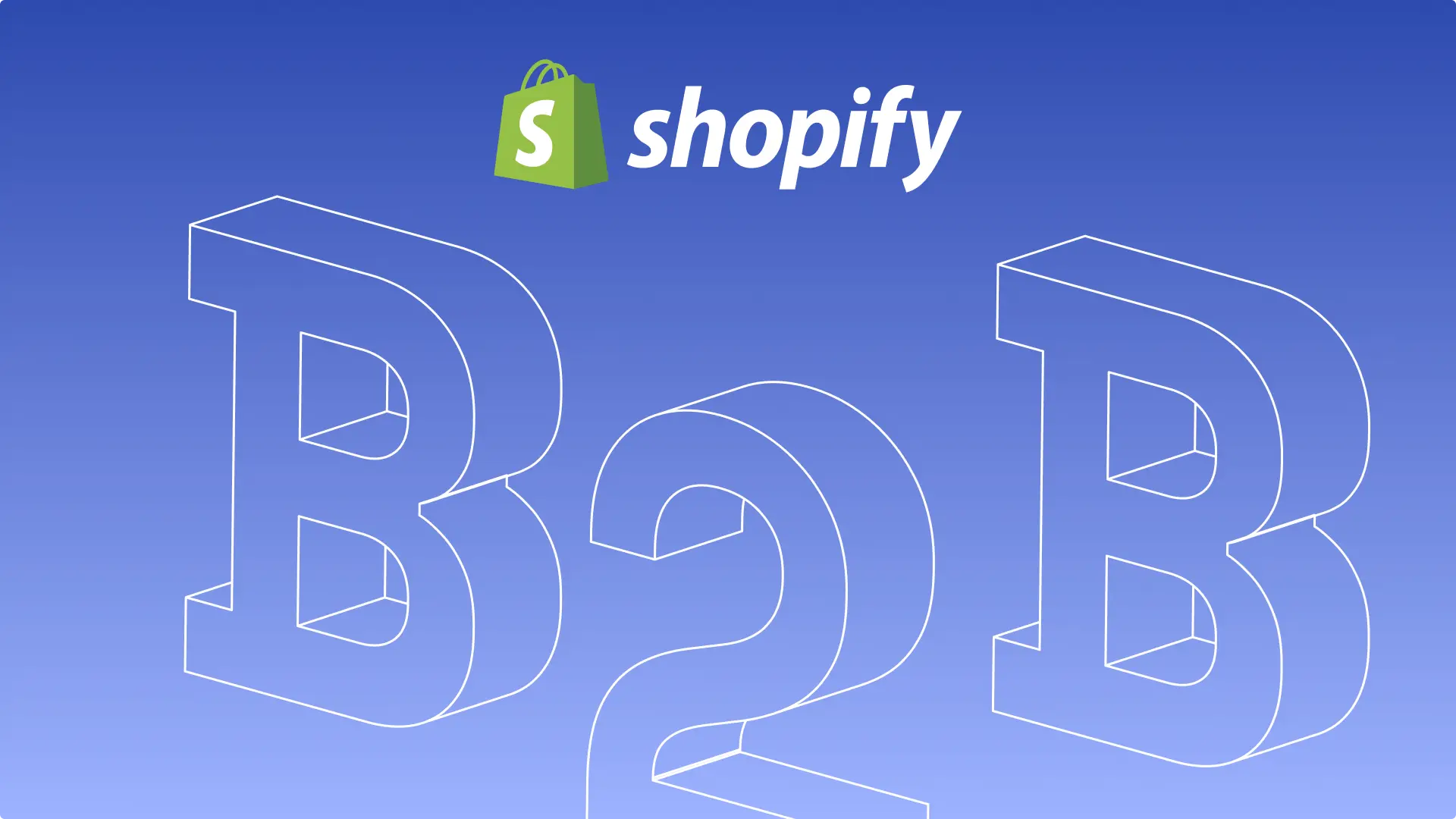Centra vs Shopify - Which One is Better for Your Fashion Brand?
- Centra
- Shopify
Launched
June, 2024

Introduction
When it comes to online shopping and fashion, the success and expansion of your brand are greatly impacted by the e-commerce platform you use. Two well-known competitors in the e-commerce platform market are Centra and Shopify. Each of these platforms has special features and capabilities designed to satisfy the dynamically evolving requirements of the fashion industry.
To help you choose wisely for your online retail endeavor, we will examine the benefits, drawbacks, and applicability of Centra vs Shopify for fashion brands throughout this in-depth review. This will help you decide your preferred custom e-commerce platform for fashion.
Understanding Centra vs Shopify
The two well-known platforms that help companies launch and expand their online presence are Shopify and Centra. Although they both aim to facilitate online sales, their audiences, levels of customization, scalability, price, and other features are different.
The best part is that you can always migrate from one platform to another. Migrating from Shopify to Centra is as easy as ABC. Starting with the right platform is better, as opposed to migrating later on. So, with that in mind, let’s talk about the Centra vs. Shopify comparison.
Shopify
Founded in 2006, Shopify is a well-known e-commerce platform for fashion and other products that is recognized for its broad app ecosystem and user-friendly design. It serves companies of all sizes in a range of industries, from little startups to enormous conglomerates.
The main goal of Shopify is to make the process of creating and maintaining online stores as simple as possible so that merchants can concentrate on expanding their business rather than handling difficult technological issues.
Shopify's simple user interface is one of its best qualities. This makes it an excellent e-commerce platform for fashion. The platform makes it simple for users with different levels of technical experience to develop and run their online businesses using intuitive features like a simplified dashboard and straightforward navigation.
Shopify offers an easy-to-use platform for managing customer connections, order processing, and product listing creation. Another important feature of Shopify is customization. With the help of the platform's extensive selection of editable themes and intuitive drag-and-drop elements, merchants can customize their online stores to match their own brand identity and aesthetic.
Shopify gives companies plenty of flexibility to design distinctive and aesthetically pleasing storefronts even though their customization choices might not be as comprehensive as those of some other platforms.
Shopify's scalability is yet another advantage. Its cloud-based architecture allows it to support companies of any size, from start-ups to well-established multinationals.
Without sacrificing performance, merchants can depend on Shopify's strong infrastructure to handle their changing demands, whether they are growing into new areas or dealing with an unexpected spike in traffic.
Shopify provides straightforward subscription plans with tiered price choices to accommodate various budgets and company demands. The price options eliminate the need for extra infrastructure investments and give merchants a predictable cost structure by including things like website hosting security and customer support.
Shopify’s Strengths:- An easy-to-use dashboard and user-friendly interface make setup and administration simple.
- Infrastructure that can be expanded to accommodate companies of various shapes and sizes.
- Vast app ecosystem, including thousands of third-party connectors for enhanced features.
- Payment processing options are built right in for safe transactions and quick checkout.
- Clear pricing structures with tiers of subscription choices to accommodate various financial requirements and company demands.
- There might not be as many customization choices as on some other e-commerce sites, particularly when it comes to sophisticated design adjustments.
- Businesses may incur higher total expenses if they choose to use third-party payment gateways other than Shopify Payments due to transaction fees.
Centra
Centra is a full-featured e-commerce platform made especially for fashion shops and brands. Since its initiation in 2015, Centra has grown to become a top choice for fashion companies looking for an adaptable and scalable e-commerce platform for fashion catered to their particular needs.
Centra's main goal is to give fashion businesses the resources and skills they need to design engaging online shopping experiences. It provides companies with the tools they need to effectively engage customers and present their products in the best possible light, from powerful product management capabilities to a wide range of customization choices.
Centra's strength lies in its ability to customize. Fashion brands may easily customize their online storefronts to suit their brand identity aesthetics and branding requirements, thanks to the platform's wide customisation possibilities.
Brands may develop visually attractive websites that resonate with their target audience and set them apart from the competition by utilizing adaptable design tools and templates. Another area in which Centra shines is scalability. Centra's cloud-based design allows for inherent scalability, allowing it to handle large traffic volumes and swift corporate expansion without sacrificing efficiency.
Fashion brands can depend on Centra to scale their online operations with ease, regardless of whether they are venturing into new areas or facing seasonal surges in demand. Centra uses a personalized pricing approach for its products that is suited to the unique requirements of every company.
These benefits make Centra a good competitor in a Centra vs. Shopify comparison. Fashion businesses only pay for the resources and skills they require to thrive since pricing is dependent on variables like transaction volume feature requirements and extra services.
Strengths of Centra:- Wide range of customization possibilities for establishing distinctive and branded online stores.
- Features for performance optimization and scalable infrastructure to enable company expansion.
- Strong order processing and product management tools for effective operations.
- The ability to offer a consistent purchasing experience across channels through omnichannel retailing.
- Committed assistance and advisory services to help companies achieve the greatest possible e-commerce success.
- Those with different budgets may not be suitable for the custom pricing structure based on unique business needs.
- Steeper learning curve—especially for novices—than on some other e-commerce platforms.
Comparative Analysis: Centra vs Shopify

For fashion businesses, customization and design are essential to creating a distinctive brand identity and improving the customer experience. Although Centra vs Shopify both provide extensive customization choices, they vary in regard to adaptability, user-friendliness and design capabilities.
When it comes to Shopify, fashion brands can easily customize their online stores using a fashion brand B2B e-commerce platform. It has a user-friendly drag-and-drop editor and an extensive selection of customizable themes. The site provides a wide range of expertly created themes that suit different tastes and fashions. Users may alter the colors, fonts, layouts, and artwork in these themes to make them represent their own brand identity.
They don't need to be very technical to make changes to their store's appearance, thanks to the intuitive drag-and-drop editor. Users may also add new sections, reorganize pieces, and alter the overall appearance and feel of their online shop using easy-to-use controls. Additionally Shopify's app ecosystem further improves its theme customization features.
The Shopify App Store offers thousands of third-party applications and integrations that users can select from to add sophisticated design elements like picture galleries, product sliders, and custom CSS styles.
All things considered, Shopify provides fashion brands with a very adaptable and aesthetically pleasing platform to build breathtaking online shops that complement their brand identity and style. On Centra fashion brands may customize their online shops to align with their own aesthetic standards and branding guidelines, in addition to a plethora of customization choices.
Users of the platform may create visually appealing websites that resonate with their target audience with ease thanks to its customizable design tools and templates. Centra's customization features are particularly helpful to fashion brands who want to create highly branded immersive purchasing experiences.
Users may personalize the colors, fonts, layouts, and visuals of their online enterprises to create a cohesive and captivating brand experience. Even if Centra offers more customization choices than Shopify, those with fewer computer skills may find the learning curve more challenging.
Centra provides thorough documentation and support to guide customers at every step of the customization process, ensuring that they can create the perfect look and feel for their online enterprises. Shopify, as a custom e-commerce platform for fashion, excels in providing an intuitive UI and straightforward design controls.
Performance and Scalability: Centra vs Shopify
Now, let’s move on to scalability and performance. There are two factors that fashion brands must consider if they want to succeed in the long run in the e-commerce industry. Shopify and Centra provide scalable solutions, but they differ in terms of design performance optimization and capacity to handle increased traffic and transaction volumes.
Shopify because of its highly scalable cloud-based architecture, fashion brands can simply grow their online storefronts as they grow. Shopify can handle an increase in traffic and transactions without compromising efficiency, and it can handle the needs of any size company, from startups to established multinationals.
Among Shopify's benefits are its robust hosting services and infrastructure. It also offers built-in performance optimization features like image optimization and content delivery network (CDN) integration to further enhance the speed and functionality of online companies.
These features help fashion brands give their customers a seamless shopping experience regardless of where they are or what device they are using. All things considered, Shopify's scalability and performance make it the ideal choice for fashion brands searching for a stable and efficient e-commerce platform to aid in their goal of development and expansion.
When it comes to the needs of growing fashion brands, Centra provides scalable infrastructure and advanced performance optimization solutions. The platform's cloud-based architecture allows for rapid business development and high traffic volumes without sacrificing functionality.
Centra's performance optimization solutions enable online shops to remain responsive and speedy even during periods of high demand. The platform uses advanced caching techniques, server-side optimizations, and load-balancing mechanisms to ensure peak speed and availability.
Additionally, Centra includes built-in scalability capabilities like intelligent resource allocation and elastic scaling that let it adjust server capacity dynamically based on traffic patterns and workload requirements. This ensures that when fashion businesses scale their online operations, they won't have to worry about infrastructure limitations or performance bottlenecks.
While Centra provides comprehensive scaling choices and performance optimization tactics designed particularly for fashion brands Shopify shines in offering a dependable and high-performing infrastructure with built-in performance optimization capabilities.
Cost Comparison: Shopify vs Centra

When selecting an e-commerce platform for a fashion company, the price is a crucial factor to take into account, as it may significantly impact the overall budget and profitability. Although Shopify and Centra provide tailored pricing choices for businesses of all sizes and demands, their features, openness, and overall value offering are a bit different from each other. .
Shopify offers tiered membership options and transparent price structures, catering to businesses of all sizes. The platform has three main price tiers: Shopify, Advanced Shopify, and Shopify, with each offering progressively more features and functions.
At $29 a month, the Basic Shopify plan is a cost-effective choice for small entrepreneurs and enterprises wishing to have an online presence. Essential services like limitless items, website hosting, and round-the-clock customer assistance are all included in this subscription. The Shopify Basic plan is a good starting point for creating an online store, but it might not have all the advanced capabilities larger companies or individuals with particular needs need.
The Shopify plan is more feature-rich than the Basic Shopify plan, and it costs $79 per month. These features—which include gift card expert reports and abandoned cart recovery—make it appropriate for expanding companies with higher sales volumes. The Shopify plan offers a good mix of features and affordability, which makes it a well-liked option for mid-sized companies wishing to grow their online presence.
The $299 monthly Advanced Shopify plan is designed for companies with sophisticated requirements and significant sales volumes. Sophisticated report builder third-party determined shipping costs and up to 15 staff accounts are just a few of the sophisticated features available with this package. Despite being the most costly option, the Advanced Shopify plan offers a wide range of features and capabilities to assist bigger organizations' development and scalability.
Shopify charges transaction fees for each online sale made through third-party payment processors in addition to monthly membership costs. Nevertheless, by utilizing Shopify Payments, the platform's integrated payment processing option retailers may stay clear of these costs.
All things considered, Shopify's price plans are flexible and scalable, enabling fashion brands to select the one that most closely matches their spending limit and operational requirements. Centra, on the other hand, has a unique pricing structure that caters the unique requirements of fashion brands.
A number of factors are considered when determining the pricing, including the volume of transactions, necessary functionality, and additional services. While this custom technique allows for more flexibility and personalized pricing, it may not be as obvious as Shopify's price structures.
Centra's innovative pricing structure allows fashion brands to pay only for the tools and resources they need without being constrained by pre-established subscription plans. This might be useful for businesses with unique requirements or those seeking a tailored solution that closely matches their objectives and financial constraints.
It reserves the right to charge more than the list price for certain feature integrations or support services. The total cost of utilizing Centra for an online business should be carefully calculated after accounting for these extra expenses.
It may be more difficult for fashion brands to adequately budget for their e-commerce operations because Shopify's tiered pricing plans are more predictable than Centra's unique pricing approach despite the latter's flexibility and scalability.
Features and Functionality
A fashion brand must evaluate the features and functionality offered by several e-commerce platforms to ensure that they meet the specific needs and objectives of the business before selecting one.
Shopify and Centra provide similar features aimed at enhancing customer experiences, driving sales, and streamlining online processes; however, they vary in terms of order management, customization options, marketing tools, and integrations.
Fashion brands can effectively create, manage, and improve their online stores using the vast feature set and functionality of these platforms. Some of the most critical components in Centra vs. Shopify include:
Customization
Fashion brands can easily customize their online stores to fit their brand identity and style using Shopify's user-friendly drag-and-drop editor and customizable themes. Users may construct visually attractive shops by selecting from a wide range of professionally created themes that cater to different tastes and trends.
On Centra, users can use flexible design tools and templates to create visually stunning websites that appeal to their target audience. It offers extensive customization capabilities, enabling fashion brands to customize their online stores to reflect their brand identity and style.
Product Management
Fashion brands can effortlessly add, modify, and arrange their product listings with Shopify's product management capabilities. Shopify also includes tools like product ratings, relevant product suggestions, and customized product choices to improve the shopping experience. Merchants can easily develop product variants, manage inventory, and check stock levels.
Fashion brands using Centra can simply add, update, and arrange their items inside the platform, guaranteeing a flawless shopping experience for customers. Centra offers a comprehensive range of product administration tools, including inventory tracking product variants and catalog management.
Order Processing
Fashion brands can easily handle incoming orders, handle payments and satisfy client demands using Shopify's efficient order processing workflow. Simplifying the fulfillment process, merchants can print shipping labels, handle refunds, create invoices and follow order progress all from inside the Shopify dashboard.
By streamlining the order processing workflow, Centra enables fashion brands to effectively handle incoming orders and payments and satisfy client inquiries. This makes it a perfect fashion brand B2B e-commerce platform. With Centra's user-friendly order management interface, merchants can effortlessly handle shipping and refunds, create invoices, and keep track of order progress.
Marketing Tools
Shopify offers integrated marketing solutions to assist fashion brands in drawing in and interacting with consumers. Shopify includes SEO capabilities, social media integration, and abandoned cart recovery to increase conversions and optimize marketing efforts. Merchants can also set up email marketing automation, execute promotional campaigns, and generate discount coupons to promote sales and customer retention.
Centra also facilitates the smooth integration of fashion businesses' online and physical sales channels offering a consistent purchasing experience over various touchpoints. Using mobile applications, pop-up stores, or physical stores Centra assists companies in engaging consumers wherever they are.
App Ecosystem
The Shopify app store offers many third-party applications and integrations, making it home to a sizable app ecosystem. App integration allows fashion brands to add extra services to their online storefronts, such as social media marketing loyalty programs product customization, and extensive analytics. Because of all these qualities, Shopify is considered as the best ecommerce platform for clothing brands.
Centra helps fashion brands get the most out of their e-commerce endeavors by providing specialized support and consulting services. It makes sure that consumers have access to the help they need to succeed, offering everything from live chat support and specialized account managers to video training and frequently asked questions.
Centra vs. Shopify: Winner?
Fashion brands wishing to launch and expand their online presence may find strong options from Centra vs Shopify comparison. Shopify is a great platform for businesses of all sizes and skill levels because of its huge app ecosystem scalability and user-friendly design.
Centra on the other hand, is distinguished by its performance personalization and features created especially with fashion businesses in mind. The decision between Centra vs Shopify ultimately comes down to your long-term objectives budget and unique business needs.
Depending on your priorities, customization, scalability, or ease of use, both platforms have special benefits that may help fashion brands thrive in the cutthroat world of e-commerce. To choose a platform that best suits the goals and ambitions of your fashion company, you need to analyze the advantages, disadvantages, and features of each one.
Frequently Asked Questions (FAQs)
What is the difference between Shopify and Shopify Plus?
The key difference between the two is that Shopify Plus offers more advanced features like dedicated account management, more customization options, and the ability to handle higher sales volume.
What exactly can Shopify be used for?
Shopify is an online platform that you can use to create your own store, market fashion products to audiences, and sell online.
Is Amazon better than Shopify?
No. Because of Amazon’s limited design customization, users find it challenging to develop a brand identity and therefore see Shopify as a better option.
|
Features |
Shopify |
Centra |
|
Pricing Policy |
Subscription plans starting from $29/month |
Custom pricing based on business needs |
|
Products |
Suitable for physical and digital goods |
Suitable for both physical and digital goods |
|
Mobile Applications |
✅ |
✅ |
|
Customer Support |
24/7 |
24/7 |
|
Security |
Provides SSL certificates to improve security |
PCI DSS Level 1 compliant |
|
Accessibility |
User-friendly interface |
User-friendly interface |
|
Payment Options |
Multiple |
Multiple |
|
Free trial |
Yes |
Yes |
Let's build something together
If you like what you saw, let's jump on a quick call and discuss your project

Related posts
Check out some similar posts.

- WooCommerce
Choose the right e-commerce platform for your needs with our comparison.
Read more
- WooCommerce
Learn about switching from WooCommerce to Shopify and its benefits for your online store.
Read more
- B2B
Explore the new Shopify B2B features and how they can enhance your wholesale business in the evolvin...
Read more
- Shopify
Discover how e-commerce is transforming global trade and why Shopify is set to dominate the market i...
Read more